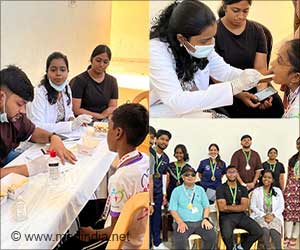Post-mortem examinations will soon be conducted round-the-clock in all government hospitals across India. This will help hospitals harvest healthy vital organs from brain dead patients for use on others needing it to survive.
At present, most post-mortem examinations are done during the day. This, experts said, led to loss of crucial time, making most organs unusable. Once a patient is declared brain dead, almost 37 organs and tissues can be donated, including important ones like heart, kidneys, liver, lungs and pancreas.However, when a brain dead patient is kept for autopsy for hours, the heart finally fails, after which only a few tissues like cornea, bone, skin and blood vessels can be reused. Dr Harsh Johri, member of a health ministry committee set up by the Delhi High Court to review provisions of the Transplantation of Human Organs Act, 1994, told TOI, “Changes to the Act are in the final stages of implementation. One of the new initiatives being incorporated is to simplify autopsy regulations.” He added, “Most autopsies are conducted between 9 am to 5 pm in India. The heart of brain dead patients fail if kept till morning, waiting for the pathologist. We can’t harvest most of the organs then. That’s why we are changing the Act which will allow removal of those organs from the brain dead patient. The removal will, however, have to be done in the presence of the surgeon who will conduct the autopsy.
Health minister A Ramadoss said India will soon launch a National Organ Transplant Programme which will harvest healthy organs from brain dead patients.
Ten centres on the lines of the Organ Retrieval Banking Organisation at All India Institute of Medical Sciences (AIIMS), each costing Rs 10 crore, are coming up in the four metros and cities like Hyderabad, Bangalore, Lucknow, Ahmedabad and Guwahati where these organs will be stored.
Former VP of Indian Association of Pathologists and Microbiologists at AIIMS Dr Manoj Singh told, “Medico-legal cases are done during the day because police take time to prepare the paper work. Technically, in medico-legal cases, it would be very difficult to retrieve the organ from a patient before autopsy because the relative won’t be there in most cases to allow the donation of organs.”
Source-Medindia
SRM/C





